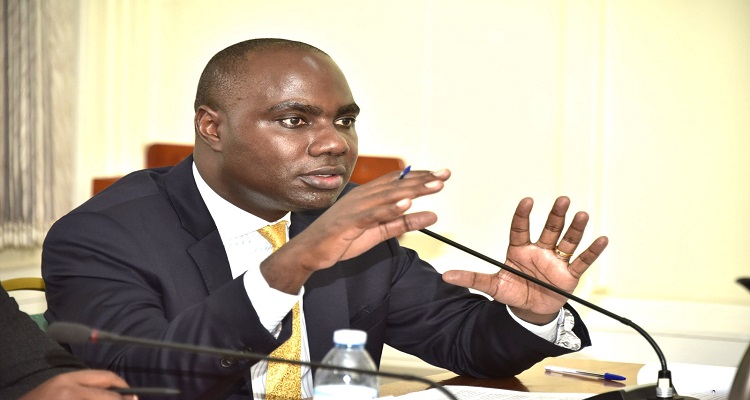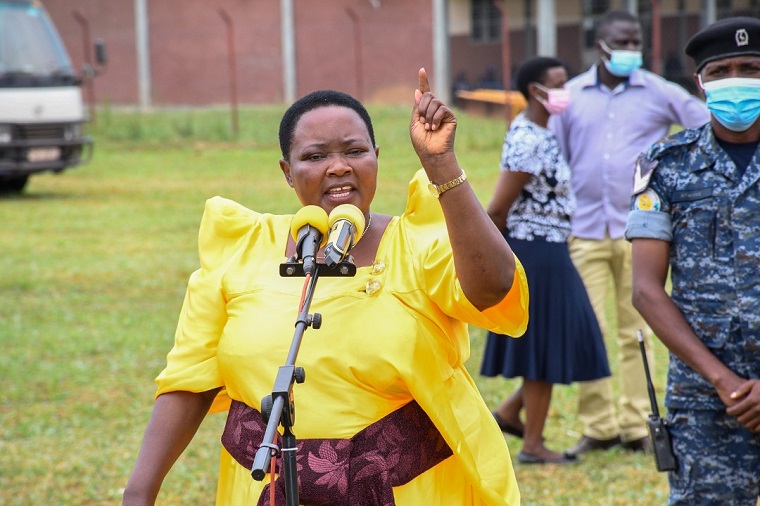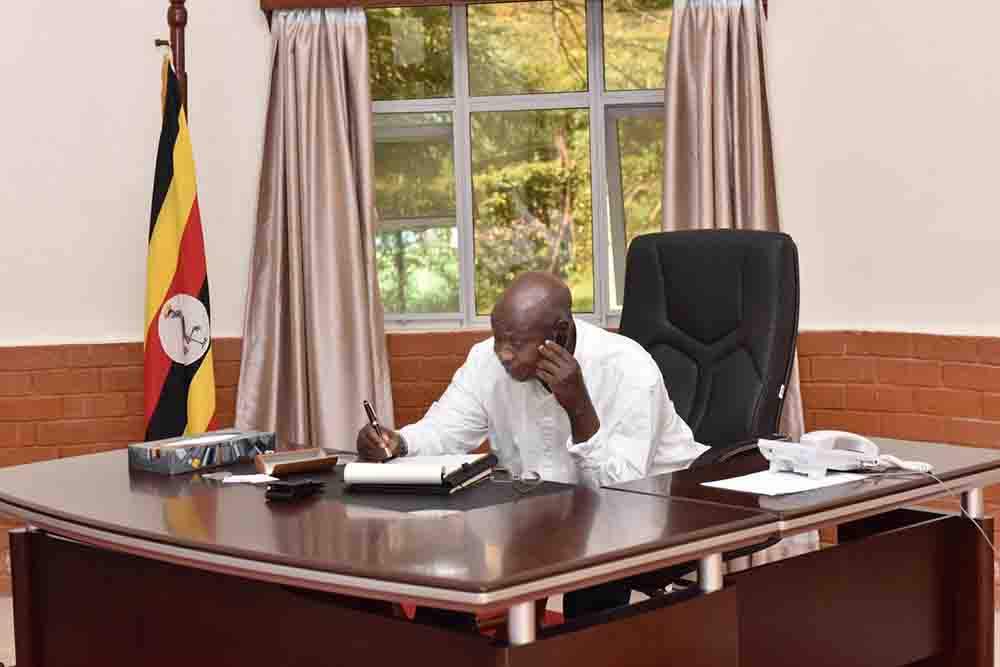Who Controls the Purse Strings?
KAMPALA, Uganda – Just when you thought the drama in Ugandan politics had reached its peak, the Executive and Parliament are gearing up for another showdown, and this time, it’s all about the money. The Appropriation Bill, which President Museveni recently sent back unsigned, has sparked a frenzy that’s more thrilling than the latest Bad Boys Release.
Parliament’s Quick Return from Recess
In a move as sudden as a boda-boda overtaking you on a Kampala street, Parliament has been pulled back from a surprise one-month recess to reconsider the Appropriation Bill. This isn’t the first time President Museveni has sent legislation back to Parliament, but it sure adds some extra spice to the usual legislative grind.
The Real Battle: Who Holds the Purse Strings?
If you think this is just another procedural hiccup, think again. Insiders are whispering that this is all about who really controls the budget – the Executive or Parliament. It’s a classic Ugandan power struggle, with money at its heart.
Musumba’s Insight on Power and Money
Former minister Isaac Musumba, who once brought forth the Budget Act of 2000, puts it plainly: “Real power lies in budgeting – money. The question is who takes that power; the Executive or Parliament.” Musumba believes repealing the Budget Act was a colossal blunder and calls for a new one to restore balance in the power dynamics.
Constitutional Tug-of-War
Under Article 155(1) of the Constitution and Section 13(1) of the Public Finance Management Act, the President is tasked with presenting the budget to Parliament. Parliament then gets to scrutinize and approve it. It all seemed to work until President Museveni accused MPs of meddling with the budget, claiming they made unauthorized changes.
Accusations Fly as MPs Land in Hot Water
The tension exploded during the President’s State of the Nation Address on June 6, when he accused MPs of taking bribes to adjust budget allocations. Shortly after, police nabbed three MPs – Cissy Namujju, Yusuf Mutembuli, and Paul Akamba – now cooling their heels in Luzira Prison on corruption charges.
MPs Cry Foul
Lawmakers argue the Executive is using these corruption allegations to paint Parliament in a bad light. They claim the real issue is the Executive’s tendency to over budget, revising figures at the last minute to have more to spend, all within a legal loophole allowing retrospective approval by Parliament.
Finance Ministry’s Defense
An anonymous senior official suggests the real battle is between Parliament and the Finance Ministry, upset over MPs reallocating funds away from Treasury services. The ministry, however, denies any foul play, insisting the President’s powers over the budget are clear-cut.
Parliament and the Executive: A Clash of Interests
Former Budget Committee chair Tim Lwanga believes the clash stems from both sides’ lack of understanding of each other’s roles. While MPs have the power to approve the budget, they can’t do so without considering the Executive’s priorities and manifesto commitments.
The Stakes of Reallocation
MPs argue their reallocations are in line with government priorities, aiming to provide essential services like tractors and ambulances to constituencies. They claim these moves are necessary to meet voter expectations and maintain political support.
A Call for Caution
Lwanga urges MPs to exercise their powers responsibly, noting they can reduce but not increase the budget. He questions why Parliament accepted a last-minute increase in budget estimates without proper scrutiny, a move that would have been rejected in his time.
Budgeting: Not for the Faint-Hearted
As Lwanga puts it, “Budgeting isn’t a joke; it’s a professional thing. You don’t just tick, tick, and tick. Things have to balance.” The law demands the budget align with key financial plans and frameworks, ensuring responsible management of public funds.
What’s Next?
The President’s reasons for returning the Appropriation Bill will be revealed in the emergency House sitting. Despite fears of a government shutdown, insiders assure that the discussion focuses on Shs30 trillion of the non-statutory allocation, not the entire Shs72 trillion budget.




















